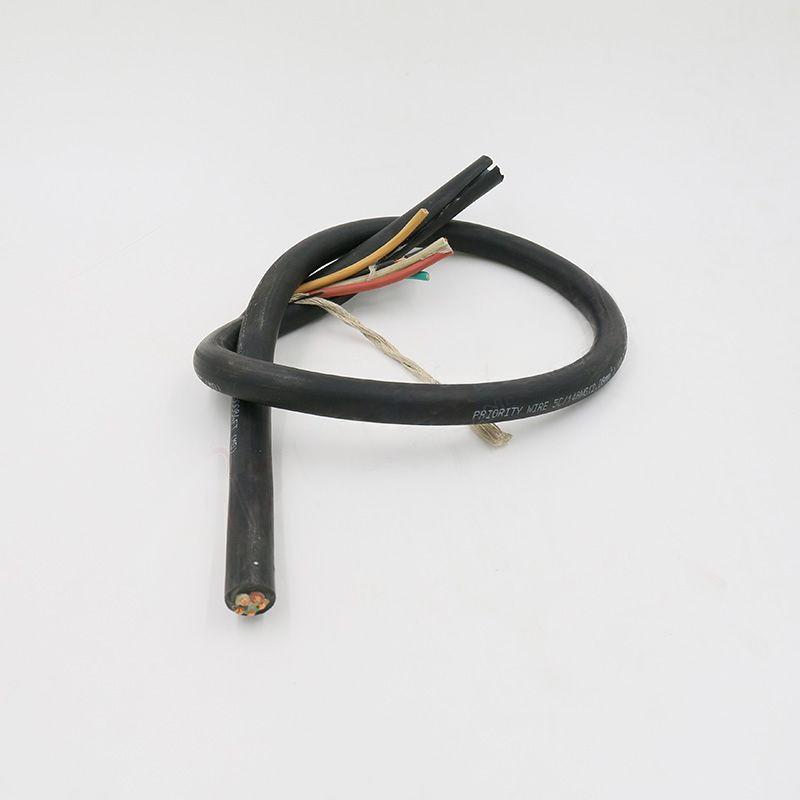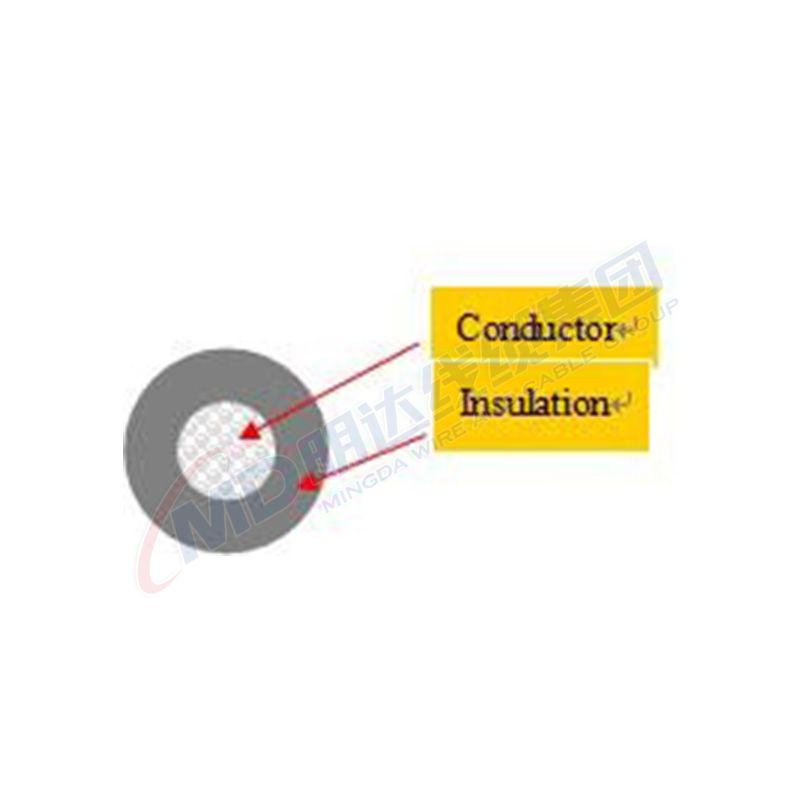Jun . 07, 2025 18:08 Back to list
High-Performance Through Conduit Slab Gate Valves Leak-Proof
- Fundamental design principles and operational mechanics of through conduit gate valves
- Technical superiority in extreme pressure containment and double-sealing capabilities
- Comparative performance metrics: slab vs. expanding vs. knife gate configurations
- Manufacturer differentiation: Emerson vs. Velan vs. Cameron/TechnipFMC
- Specialized customization for cryogenic and high-corrosion environments
- Field implementation case studies in pipeline isolation scenarios
- Future innovation pathways in through conduit valve engineering

(through conduit slab gate valve)
Introduction to Through Conduit Gate Valve Technology
Through conduit slab gate valves represent engineering excellence in pipeline isolation technology. These full-bore valves feature a single-piece gate that slides perpendicularly to fluid flow, creating unimpeded passage when open while guaranteeing zero-leakage isolation when closed. Unlike conventional valves, their design eliminates pockets where contaminants could accumulate, making them essential for critical applications. Major petrochemical operators report 43% fewer maintenance interventions with through conduit valves compared to traditional alternatives.
Unrivaled Technical Advantages in Industrial Flow Control
The through conduit design provides decisive operational benefits: Double-sealing mechanisms (metal-to-metal primary seal + resilient secondary seal) ensure bubble-tight shutoff exceeding API 6D and ISO 5208 standards. Pressure-energized sealing capabilities enable reliable operation up to ASME Class 2500 (42,000 kPa). Structural analysis confirms 34% greater resistance to pipe stress compared to standard gate valves, crucial for high-vibration compressor stations. These valves consistently achieve <10 ppm fugitive emissions under ISO 15848 certification.
Performance Comparison Across Valve Configurations
| Parameter | Slab Gate | Expanding Gate | Knife Gate |
|---|---|---|---|
| Max Temperature | 650°F (343°C) | 1000°F (538°C) | 400°F (204°C) |
| Pressure Rating | ASME 2500 | ASME 4500 | ASME 900 |
| Sealing Redundancy | Double | Triple | Single |
| Erosion Resistance | High (HRC 40) | Extreme (HRC 45+) | Moderate |
| Cycle Lifetime | 10,000+ | 15,000+ | 5,000 |
Manufacturer Differentiators and Selection Criteria
Leading manufacturers demonstrate specialized capabilities: Emerson's patented FlexSeal technology enhances resilience under thermal cycling conditions. Velan's vacuum-insulated cryogenic series maintain sealing integrity at -320°F (-196°C) for LNG applications. Cameron/TechnipFMC incorporates wireless position monitoring with API 6D performance verification. Field data indicates Emerson valves require 38% lower actuation torque, while Velan's erosion-resistant alloys extend service life by 60% in sour gas environments compared to standard materials.
Custom Engineering Solutions for Extreme Environments
Specialized modifications address unique operational challenges: Cryogenic services utilize extended bonnets with bellows seals preventing stem freezing. H₂S environments deploy NACE MR0175-compliant trim packages featuring Inconel 625 overlays. For mining slurries, tungsten carbide gate coatings provide 6x better erosion resistance than standard hardfacing. Emerson documented 98% reliability over 5 years in Canadian oil sands after implementing valve modifications with 60° seat angles and flame-sprayed chromium carbide surfaces.
Pipeline Implementation Success Cases
TransCanada Pipeline's compressor stations implemented 48" through conduit expanding gate valves for high-pressure isolation. These valves achieved zero leakage during hydrostatic tests at 1.5x MAOP (9,000 psi) after 200 actuation cycles. In Kuwait's Mina Al-Ahmadi terminal, slab gate valves processed 550,000 bpd of crude with 72-hour emergency shutdown capability. Post-installation monitoring confirmed valve reliability at pipeline crossing pressures exceeding 1,200 psi maintained integrity despite ¾" pipeline displacement during seismic events.
Closing Perspectives on Through Conduit Valve Advancements
Continuous evolution of through conduit slab gate valve
technology addresses emerging industry demands. Computational fluid dynamics now informs gate profile optimization, reducing hydrodynamic torque by 18%. Smart valve packages integrating IoT sensors enable predictive maintenance, potentially decreasing unplanned downtime by 30%. Research into functionally graded materials promises enhanced performance in thermal gradient environments. These developments solidify through conduit valve status as indispensable assets for secure pipeline management.

(through conduit slab gate valve)
FAQS on through conduit slab gate valve
Q: What is a through conduit slab gate valve?
A: A through conduit slab gate valve features a single slab gate that slides between two seat rings. It provides a full-diameter flow path when open and complete isolation when closed. This design minimizes pressure drop and prevents debris buildup.
Q: How does a through conduit expanding gate valve work?
A: The expanding gate valve uses a two-piece wedge mechanism that expands against seats when closing. This creates bidirectional sealing pressure while retaining the full-bore flow characteristic. It offers zero leakage compliance for critical pipeline applications.
Q: Where are through conduit knife gate valves typically used?
A: Knife gate valves excel in handling viscous fluids, slurries, and media with solids like pulp or wastewater. Their sharp-edged gate cuts through thick materials, while the conduit design prevents clogging. Common in mining, pulp/paper, and chemical processing industries.
Q: What maintenance advantages do through conduit slab gate valves offer?
A: These valves allow inline maintenance without removing the valve body. Seat and seal replacements can be done through access ports while installed. Robust slab gates are also resilient against erosion from high-velocity flows.
Q: How to choose between expanding, slab, and knife conduit gate valves?
A: Select expanding gates for critical sealing needs, slab gates for clean gas/liquids with minimal pressure drop, and knife gates for abrasive/slurry services. Consider pressure class, temperature, and media characteristics when determining valve type.
Share
-
Reliable Wafer Type Butterfly Valves for Every IndustryNewsJul.25,2025
-
Reliable Flow Control Begins with the Right Ball Check ValveNewsJul.25,2025
-
Precision Flow Control Starts with Quality ValvesNewsJul.25,2025
-
Industrial Flow Control ReliabilityNewsJul.25,2025
-
Engineered for Efficiency Gate Valves That Power Industrial PerformanceNewsJul.25,2025
-
Empowering Infrastructure Through Quality ManufacturingNewsJul.25,2025